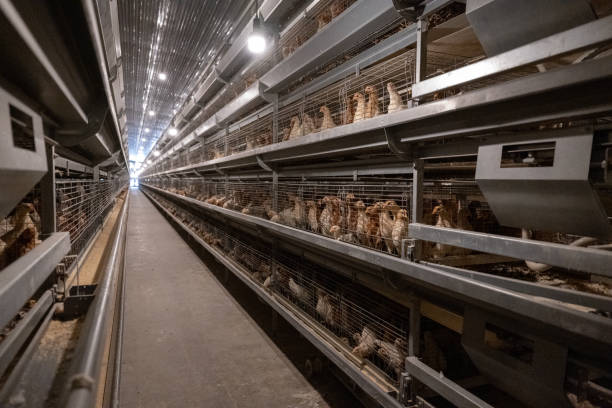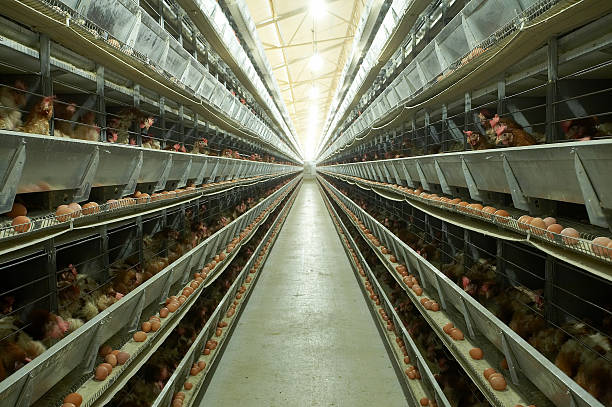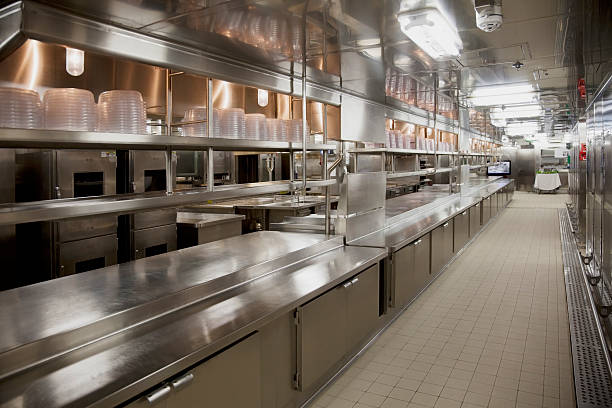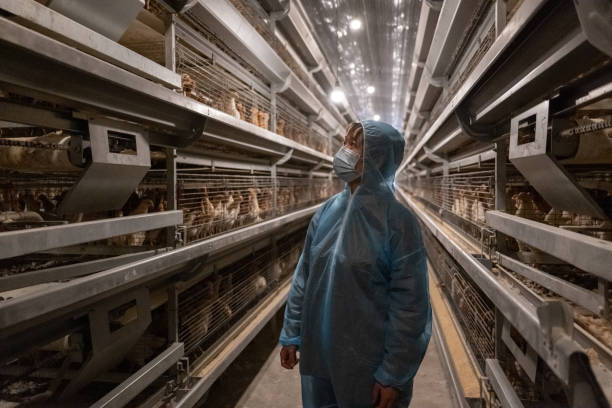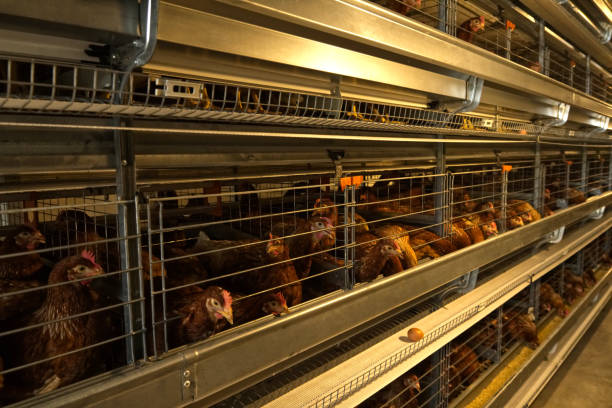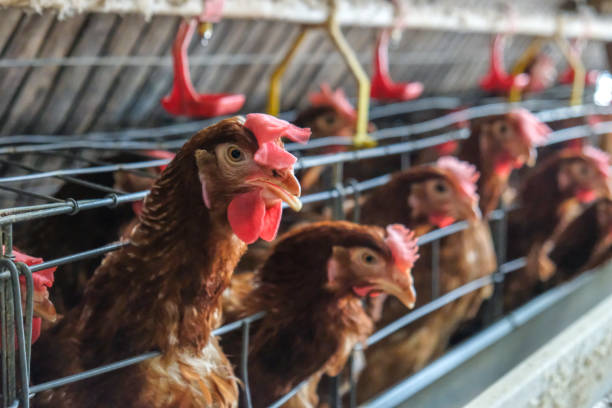Deep Litter System of Poultry Farming in Nigeria: Cost Analysis
The deep litter system is a popular method of poultry farming in Nigeria, offering advantages such as reduced labor costs, improved bird welfare, and increased profitability. Understanding the associated costs is crucial for planning and optimizing the success of your poultry operation.
Establishment Costs
The initial investment required to establish a deep litter system of poultry farming in Nigeria includes:
Land acquisition: Cost varies depending on location and size of land required. Estimate around ₦1,000,000 to ₦3,000,000 for a small-scale farm.
Housing construction: A basic poultry house with a capacity of 1,000 birds may cost around ₦2,000,000 to ₦3,000,000.
Equipment: Feeders, drinkers, ventilation systems, and other essential equipment can cost around ₦500,000 to ₦1,000,000.
LIVI deep litter system of poultry farming in Nigeria
Chicks: Purchase of day-old chicks may cost ₦200 to ₦300 per chick, translating to ₦200,000 to ₦300,000 for 1,000 birds.
Feed: Initial feed costs for the first 6 weeks may range from ₦1,000,000 to ₦1,500,000.
Vaccinations and medication: Essential vaccinations and medications can cost around ₦50,000 to ₦100,000.
Total Establishment Costs: ₦4,750,000 to ₦6,700,000
Recurring Costs
The ongoing costs associated with deep litter poultry farming include:
Feed: Feed costs typically account for around 60-70% of total operating expenses. Estimate around ₦3,000,000 to ₦4,200,000 per production cycle for 1,000 birds.
Labor: Labor costs may range from ₦100,000 to ₦200,000 per production cycle, depending on the size of the farm and the level of automation.
Electricity: Electricity costs for lighting, ventilation, and other equipment may amount to around ₦50,000 to ₦100,000 per cycle.
LIVI deep litter system of poultry farming in Nigeria
Litter management: Regular cleaning and replacement of litter can cost around ₦50,000 to ₦100,000 per cycle.
Veterinary expenses: Routine checkups, vaccinations, and antibiotics may cost around ₦50,000 to ₦100,000 per cycle.
Total Recurring Costs: ₦3,750,000 to ₦5,600,000 per production cycle
Production Cycle and Revenue
A typical deep litter poultry production cycle lasts for 6-8 weeks. The revenue generated depends on the market price of live birds and the weight achieved. Assuming a selling price of ₦1,500 per kilogram and an average weight of 2.5 kilograms per bird, the potential revenue from a flock of 1,000 birds is around ₦3,750,000.
Profitability
To determine the profitability of a deep litter system of poultry farming in Nigeria, subtract the total establishment costs and recurring costs from the potential revenue. Assuming a production cycle of 6 weeks and a selling price of ₦1,500 per kilogram:
Revenue per cycle: ₦3,750,000
LIVI deep litter system of poultry farming in Nigeria
Notes:
The above cost estimates are approximate and may vary depending on factors such as farm size, location, and management practices.
The profitability of a deep litter poultry farm depends on various factors, including feed efficiency, bird health, and market conditions.
Proper planning and management are crucial to maximizing profitability and minimizing losses.
It is advisable to consult with experienced poultry farmers or agricultural extension services for guidance and support.
About Us
We are LIVI Machinery, selling deep litter system of poultry farming in Nigeria, including drinking water systems and feeding systems, etc. If you have any poultry equipment needs, feel free to leave us a message for a free quote. Our email: [email protected] whatsapp: +86 17344898347






